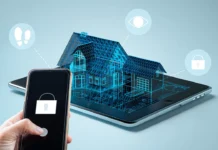
Futurists have been promising us smart homes for nearly 100 years. Their predictions are finally coming to fruition. The modern home is smarter than it has ever been. Moreover, new home construction is embracing the smart home revolution in earnest.
All of this is well and good for every homeowner who wants a smart home. Yet there is one group for whom the technology might prove most valuable: those who are housebound. All across the country, there are people who cannot leave their homes on a regular basis due to physical and mental health challenges.
Being housebound can seem like a prison sentence at times. From a practical standpoint, many of the conditions that leave people housebound also limit what they can actually do in their homes. For them in particular, smart home technology represents an opportunity to live a better life.
The Demand is Real
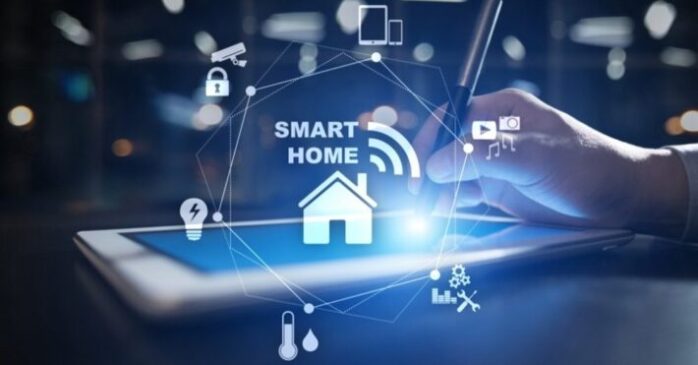
Setting aside being housebound for one moment, it is clear that the demand for smart home technology is real. As reported by the Las Vegas Review-Journal, some 83 million U.S. households have at least one smart device. That works out to 69%. As many as 18% have more than one device. The numbers are impressive, to say the least.
The fact is that modern consumers want smarter homes. Whether they start with smart speakers or video doorbells, homeowners are incorporating new technology to make their homes safer, more comfortable, and more efficient. If technology can make life better for the general public, it can certainly improve life for the housebound.
The question is whether or not the housebound and their caregivers truly understand the potential of the smart home. From safety to efficiency to downright convenience, living in a smart home is truly unique experience. Smart technology certainly makes being housebound more bearable.
Smart Homes Are Safer
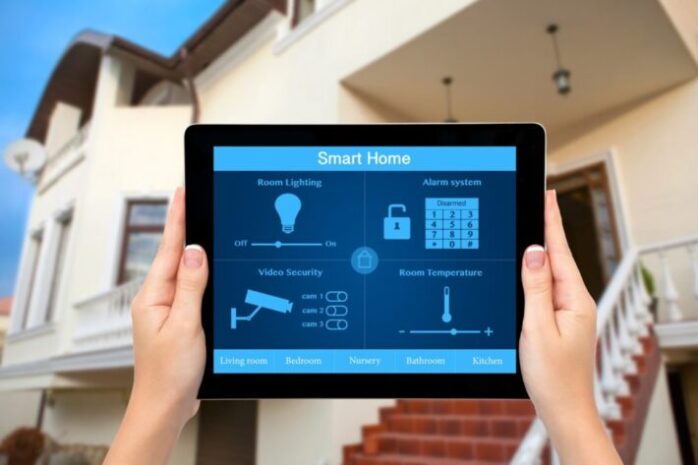
Let us start with security. Know that housebound consumers have the same security concerns as anyone else. As such, they want technologies that improve safety. The video doorbell is a good first device for anyone new to the smart home concept.
As you probably know, a video doorbell gives a homeowner a real-time look at the space just outside the front door. It also facilitates two-way conversation between homeowner and visitor – without opening the door! Video doorbells act as a deterrent to burglars, porch pirates, etc.
Safety for the housebound also include concerns about their health. Many who are housebound are in that position because of health problems. Smart home technology can help. For example, a smart speaker can be trained to respond to a call for help in the event of a health emergency. Smart speakers can remind homeowners to take their medications.
When a housebound person is home alone, he/she does not have to be completely alone. Family members or friends can keep an eye on him/her through video surveillance cameras. The housebound person is safer for it.
Speaking of being home alone, smart door locks add yet another layer of safety for the housebound person. They can be locked and unlocked with a voice command. They can be controlled remotely with a smartphone app. Best of all, access can be managed without having to issue keys to caregivers.
Smart Homes Are More Convenient
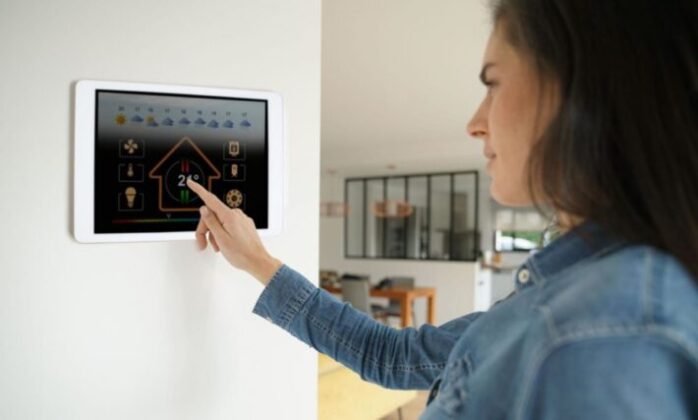
Convenience is at the heart of many new smart home trends. Again, consider the homeowner who is housebound due to mobility issues. Those same mobility issues make it difficult for him/her to get around the house to turn lights on or off, adjust the thermostat, and so on. Smart home technology is the solution.
For instance, smart lighting can be activated and deactivated with voice commands. It can be programmed based on time of day, season, and other factors. The right program can even control exterior lighting to improve security. All of this is possible without requiring a homeowner to walk around the house flipping switches on and off.
Vivint, a nationwide company that specializes in smart home and home security technology, recently published a rather informative blog post detailing all of the ways smart home technology benefits seniors. Those benefits also apply to people who are housebound.
The post cites basic things like setting reminders and making lists. It mentions checking the weather, listening to the news, and making phone calls. It is all possible with simple voice commands heard by a smart speaker and transformed into actionable responses.
Smart Homes Are More Efficient
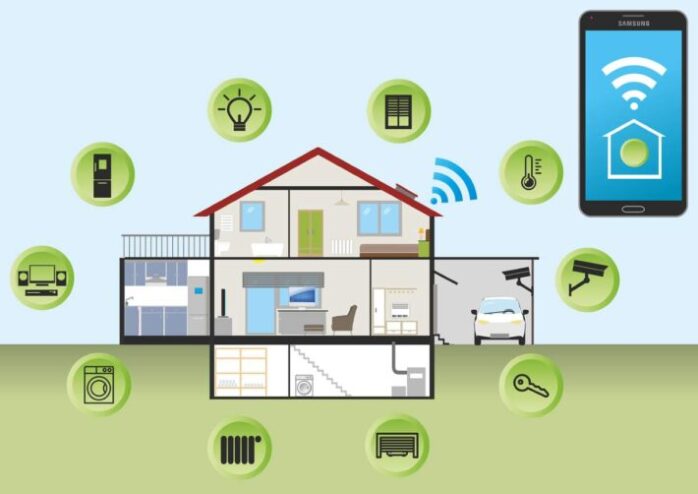
A truly smart home is one equipped with technology that incorporates artificial intelligence to make a home more efficient. Picture a house that is fully loaded with all the bells and whistles. Everything from lighting to window shades is controlled automatically with a smart system. The homeowner need do nothing once programming is established.
During the summer months shades are kept down at certain times of the day to prevent indoor temperatures from rising. This results in the air-conditioning going on less frequently. Things are opposite during the colder winter months. By leaving shades open at key times during the day, the house is warmed by the sun. Thus, the furnace works less frequently.
It is true that the efficiency of the smart home does not just benefit the housebound. It is mentioned here because some housebound people simply do not have the capacity to pay attention to all of the details. Their homes need not be any less efficient for it.
Amazing Technology
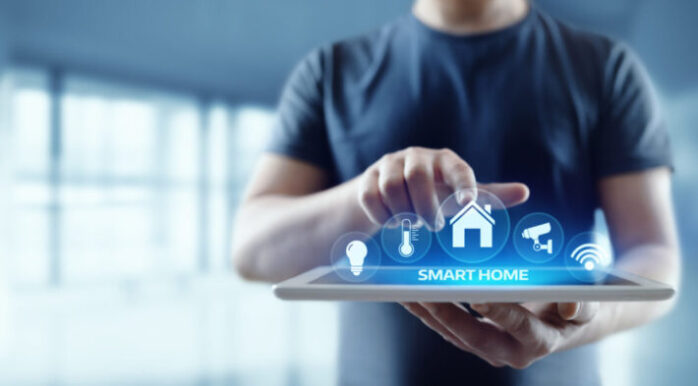
Some truly amazing technology is powering the modern smart home. What was only a dream a couple of decades ago is now a reality thanks to things like artificial intelligence and voice recognition. Our homes are getting smarter by the day, which is good news for all of us. It is especially good news for the housebound.
The housebound have plenty of challenges without having to worry about security, convenience, and efficiency. Thankfully, they don’t have to worry. Smart home technology can make their lives easier. Thanks to smart devices, being housebound does not have to feel like a prison sentence.
If you want to learn more about smart technologies and the Internet of Things, check out Techslang.



